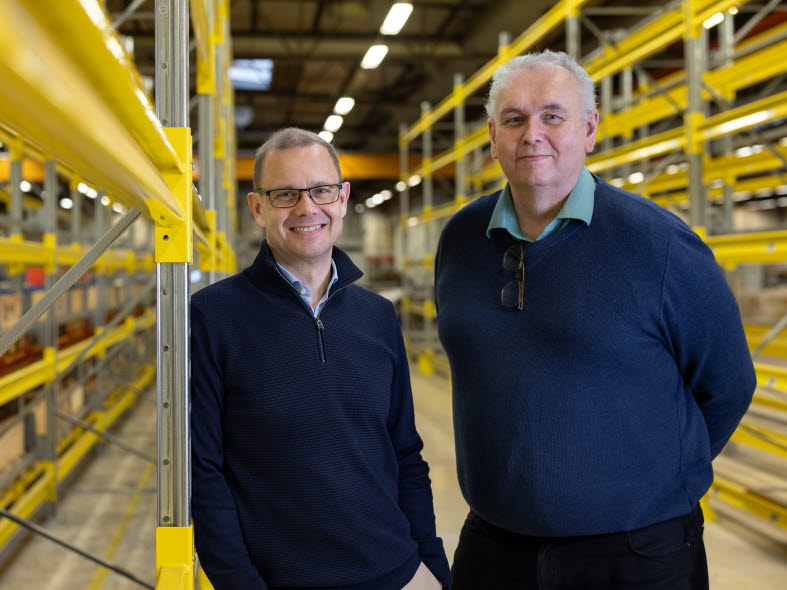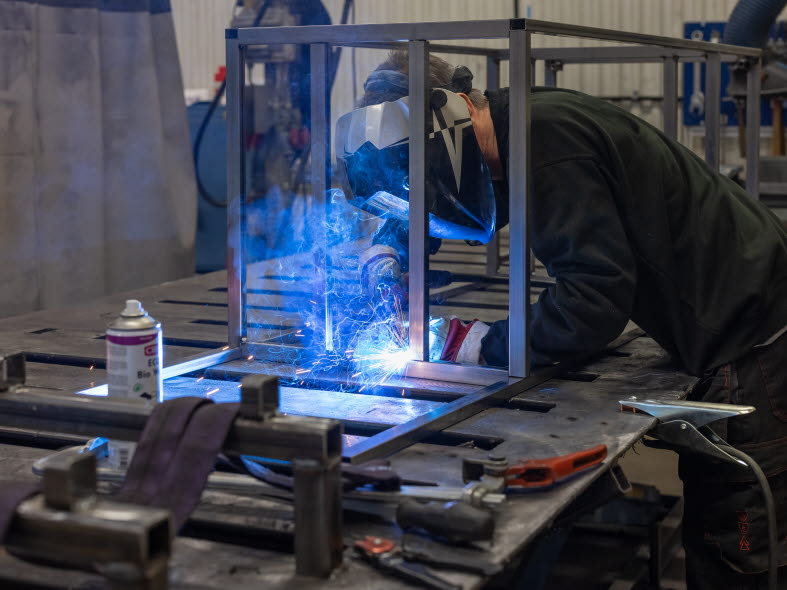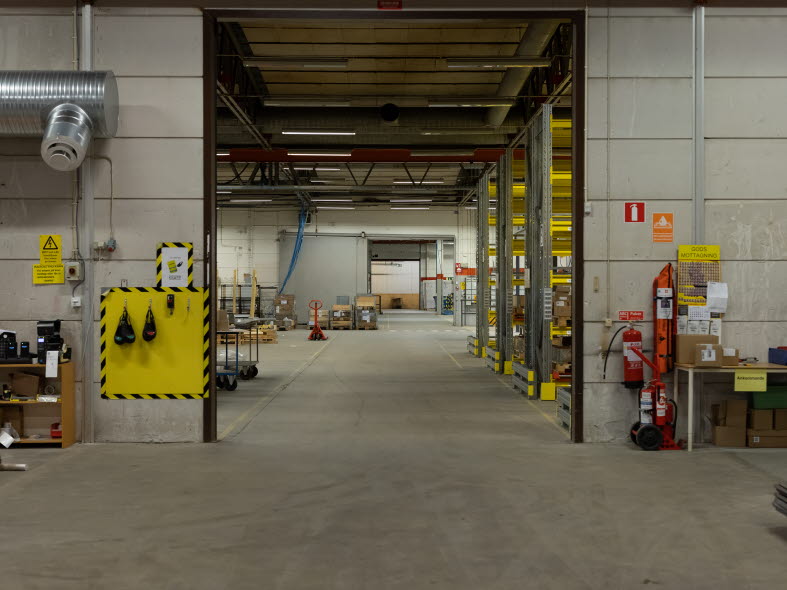Factories in Limhamn and Åstorp
In 2021 thoughts of a higher purpose, dreams and rebuilding came together when Fredrik together with two colleagues bought heat-pump company Qvantum Energi in Limhamn.
“Qvantum’s heat pumps are extremely high quality. I would describe them as the Rolls-Royce of heat pumps. But the company had not scaled up its operations.”
To achieve just that, Fredrik decided to build a new factory suitable for mass production. When a colleague read one day in the newspaper about a company which was moving its production abroad, they immediately got in touch. This purchase meant that Qvantum could start to make heat pumps a year earlier than they would have otherwise.
While the factory in Limhamn will continue to be a craft workshop with about 60 heat-pump models for large properties that can be adapted to customer requirements, the factory in Åstorp will make heat pumps on a large scale for single-family homes. Currently they expect to produce 50,000 heat pumps annually.
“The work we do in Limhamn and Åstorp is our contribution to making the world greener, which is certainly working to a higher purpose. It’s obviously a simpler and not nearly as complicated an ambition as I had at Saab. There it was about the nation’s security, but obviously also about arms manufacture. Heat pumps and green energy don’t have a downside.”
In conjunction with the move to Åstorp, the product development team was tasked with making suggestions as to how they would design the next generation’s heat pumps if they didn’t need to take the existing product portfolio into account, for example. Everyone on the team had long experience of designing heat pumps and when they were given a free hand to create the heat pump of the future, they chose to simplify the design, production, installation, and servicing. They decided to build it modular.
Another key feature was that it must be simple to remove a component and replace it with another. If the compressor breaks and needs changing on a regular heat pump, you usually need the services of a qualified technician who comes home, clips the copper pipes, loosens the screws, puts in the new compressor, solders and welds, and fills up with exactly the right amount of gas.
“With our solution you take out the box and put in a new one in 15 minutes. No soldering or handling of coolant. In principle anyone can do this and no tools are needed, Qvantum’s modular heal pump is extremely compact and small – perhaps the most compact in the world.
A dilemma with European cities is that the price of a square metre of dwelling space can be anything from 100,000 to 400,000 kronor. How could you justify putting a big, clumsy heat pump appliance costing 50,000 to 100,000 on that square metre, just so that people in the building can have green heating?
“So our solution is small heat pumps of six kilowatts that will fit under the kitchen sink or in the cleaning cupboard. Maybe the vacuum cleaner will be a bit crowded.




